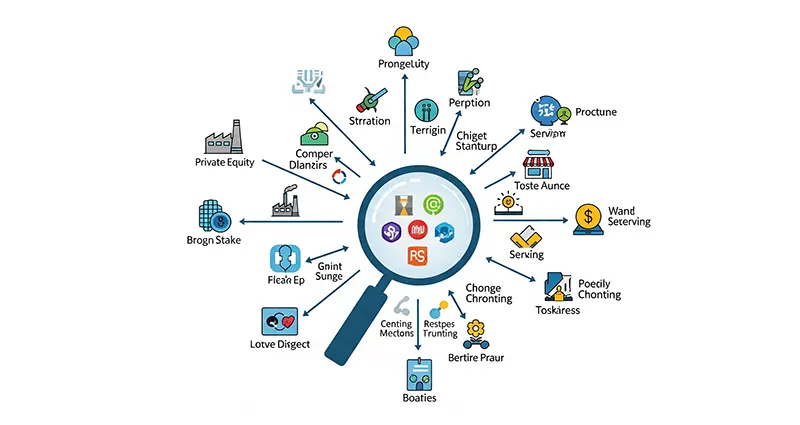Engineering Growth and Market Momentum: A Deep Dive into India’s Equity Landscape
India’s equity market often reflects the country’s economic pulse, and few elements capture this dynamic better than the movement of large-cap industrial stocks and financial indices. Investors frequently track indicators such as Larsen and Toubro share price to gauge infrastructure-led growth, while keeping an eye on Nifty Bank to understand the strength of the financial system. Together, these signals offer a powerful snapshot of where the market may be headed.
The Backbone of India’s Infrastructure Story
India’s improvement journey is intently tied to infrastructure. Roads, metros, power flora, ports, and virtual networks are not just tasks on paper; they’re engines of employment and economic expansion. Companies involved in massive-scale engineering and creation tend to be advantaged, while authorities’ spending and private investment align in the direction of long-term increase.
Infrastructure-focused agencies frequently operate on lengthy project cycles. In this manner, revenues might also fluctuate in the short term, over the years, consistent order inflows and execution abilties can translate into stable growth. For long-term traders, this region often represents staying power rewarded.
Understanding Market Cycles and Investor Sentiment
Stock markets flow in cycles, pushed by using profits, macroeconomic records, worldwide cues, and sentiment. At times, optimism pushes costs higher; at different moments, caution or fear leads to corrections. Successful investors discover ways to study those cycles without being eaten up by them.
Large-cap shares linked to core sectors typically act as anchors during volatile stages. They won’t constantly deliver explosive, brief-term returns, but they frequently provide resilience whilst markets turn … READ MORE ...













